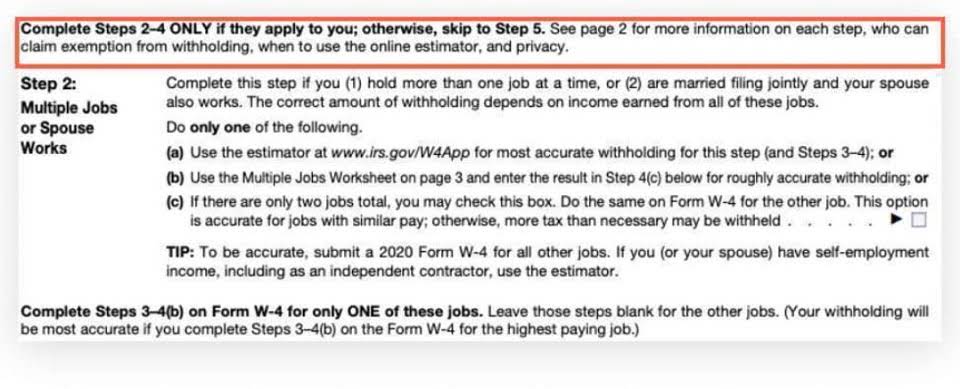Cloud Accounting Basics: What It Is & Reasons to Use

Add tracked time and expenses, due dates, discounts and more with the invoice management idiosyncrasy. You can arrange to have payment reminders sent to patrons automatically and establish credit card and ACH payments. This appliance cloud accounting enables you to apply late fees to invoices when they are overdue automatically. The accounts receivable management accessory permits you to merge with other third-party platforms, including customer relationship management (CRM).
Whether tracking expenses or managing bills, QuickBooks can help ensure your accounting system is one less thing to worry about. Create a free account to grow your business with tailored insights and explore small business products. Zoho Books is ideal for small-to-medium-sized businesses (SMBs) that want to take advantage of the platform’s https://www.bookstime.com/statement-of-retained-earnings-example large extensive business ecosystem. The Forbes Advisor Small Business team is committed to bringing you unbiased rankings and information with full editorial independence. We use product data, strategic methodologies and expert insights to inform all of our content and guide you in making the best decisions for your business journey.
Cloud Accounting: What It Is, How It Works And Its Benefits
For features and functionality, we primarily looked for software that offered fully functional accounting software providing users with a long list of useful features. Accounting software streamlines the bookkeeping process, making it easier for business owners to keep tabs on finances and plan for tax season. For freelancers and small businesses, this is often a more cost-effective option than employing a full-service accounting agency.

Double-entry accounting requires transactions for both sides of the ledger—and balances must match between the entries. This more comprehensive system allows for greater accuracy and reliability when tracking financial information. Single-entry and double-entry accounting bookkeeping systems are the two most common types of accounting systems. In the simplest terms, cloud computing means storing and accessing data and programs over the Internet instead of your computer’s hard drive. Traditionally, accounting was executed using software hosted locally on a desktop computer’s hard drive (e.g., Quickbooks Desktop).
What’s the difference between cloud accounting and traditional accounting software?
Businesses can store anything from proposals and quotes to accounts payable and receivable files. You can also store documents, spreadsheets, audio, and video in any sort of cloud storage so that they are accessible to you when you need them. There are lower risks of accounting errors with cloud-based accounting systems because all the relevant financial information is entered in the same place. If you’re entering expenses and income regularly and categorizing transactions, you can pull up an accurate report at any time.
- The cloud provider completes the backups, updates occur automatically and nothing needs to be downloaded or installed on a company computer.
- The actual application is installed and runs from the hard drive of an office desktop computer.
- Those that had price increases that were reasonable fared better in our ratings.
- Cloud accounting platforms support multi-user access with role-based permissions.
- We prioritized software that was either low-cost or had an affordable plan in a series of pricing plans.

